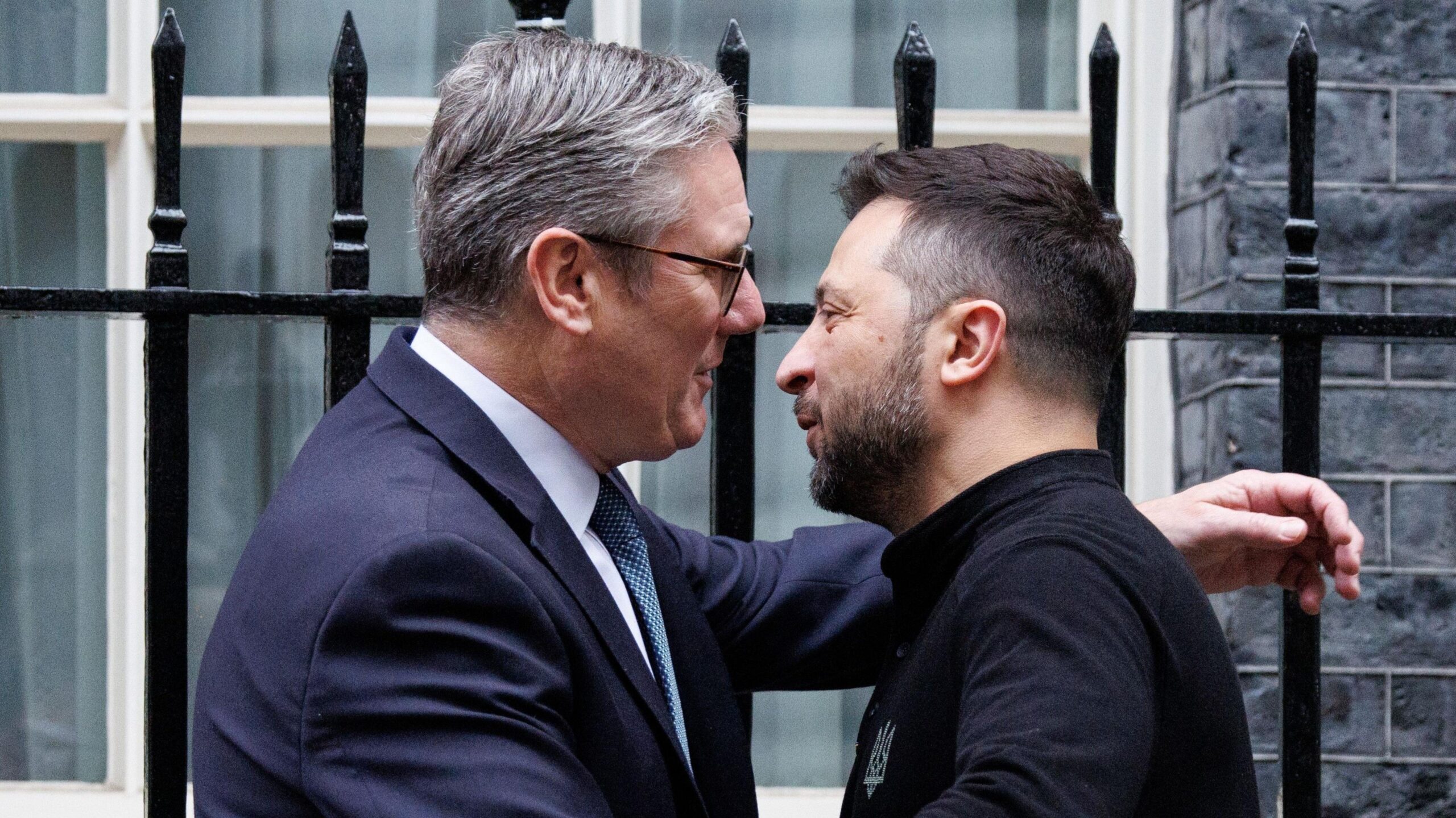Trump Considers Pulling US Troops Out Of Germany

US President Donald Trump is considering withdrawing American troops from Germany. The US has more than 35,000 personnel stationed in dozens of bases in Germany and also hosts American nuclear weapons The president is reportedly […]
The post Trump Considers Pulling US Troops Out Of Germany appeared first on The People’s Voice.
UK Accused Of Violating International Law For Transferring Russian Money To Ukraine

The UK’s transfer of money from Russia’s frozen central bank funds to Ukraine is a blatant violation of international law, according to Russian State Duma Speaker Vyacheslav Volodin. He said Britain would have to return […]
The post UK Accused Of Violating International Law For Transferring Russian Money To Ukraine appeared first on The People’s Voice.
EU Rules Doctors Who Gave mRNA Injections Can Be Prosecuted for ‘Attempted Murder’

The European Court of Justice has ruled that healthcare professionals who urged or coerced people to take the mRNA vaccines can be criminally prosecuted. Professor Frajese‘s case before the European Court of Justice had a […]
The post EU Rules Doctors Who Gave mRNA Injections Can Be Prosecuted for ‘Attempted Murder’ appeared first on The People’s Voice.
Trump Announces That US Will Stop All Funding To South Africa

Donald Trump has accused South Africa of enacting a land law that unlawfully discriminates against the country’s white minority. President Trump announced on Friday that the US will stop all federal funding to South Africa […]
The post Trump Announces That US Will Stop All Funding To South Africa appeared first on The People’s Voice.
WHO Admits mRNA Injections Causing Cancer Epidemic Among Under 50s

The World Health Organization has warned that mRNA vaccines are causing a ‘breast cancer epidemic’ worldwide. According to newly released statistics, over 12,000 women in the UK died from the disease in 2022. Dailymail.co.uk reports: […]
The post WHO Admits mRNA Injections Causing Cancer Epidemic Among Under 50s appeared first on The People’s Voice.
Disney Facing Collapse: Hundreds of Staff FIRED as Viewership Plummets to Record Low

Disney has terminated hundreds of employees amid record-low viewership and shrinking profits, reports indicate. According to The Wall Street Journal, the layoffs will consolidate several ABC News programs, including the merger of “20/20” and “Nightline” […]
The post Disney Facing Collapse: Hundreds of Staff FIRED as Viewership Plummets to Record Low appeared first on The People’s Voice.
